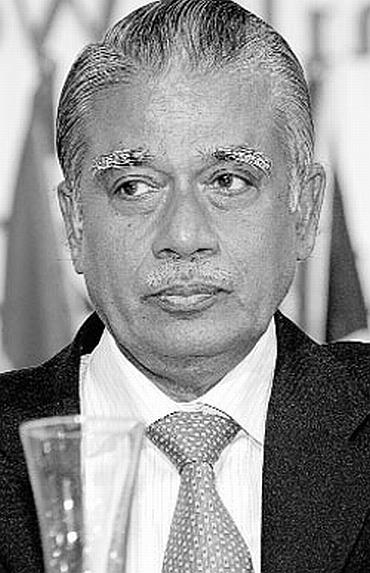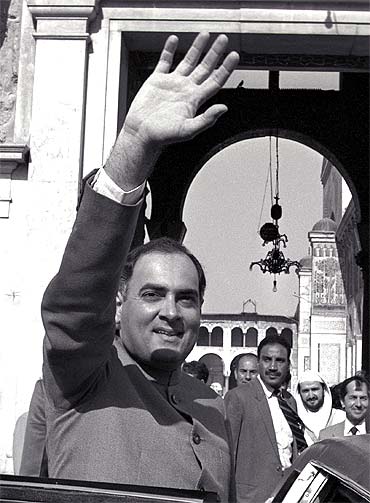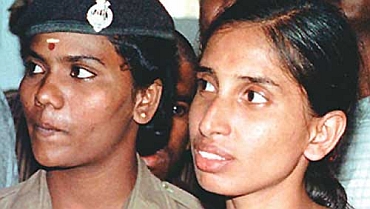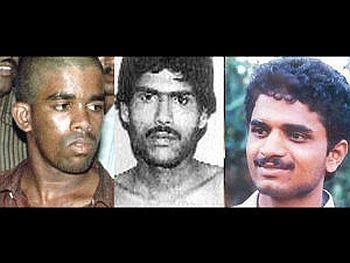
With the demand for commuting their death sentence becoming an emotive issue in Tamil Nadu, he suggested that Parliament should convene a special session to discuss the policy with regard to capital punishment, as decisions taken on regional basis would set a dangerous precedent.
"I have nothing personal against them. I did my duty, let the government do their duty now. I will be happy if their death sentence is reduced to life imprisonment," Karthikeyan told PTI.
The former Indian Police Service officer said the commutation of Nalini Sreeharan's death sentence may help the other three accused, whose mercy petition has been rejected by President Pratibha Patil. The Supreme Court had sentenced Murugan, Santhan, Perarivalan and Nalini to death in 1999.
The Madras high court had recently granted an eight-week interim stay on the execution of the convicts, which was scheduled for September 9.
Karthikeyan, a Padma Shri awardee, professed the need to formulate a uniform policy on capital punishment while cautioning against any selective treatment.
"A special session of Parliament should be called to discuss the policy on death penalty. It should not be decided on the basis of region. That will be a dangerous precedent and can divide the country," he said.
Expressing disappointed over the delay in deciding clemency applications, he blamed the government for not taking decisions in reasonable time.
"The delay by the government makes the whole effort of the investigators look meaningless. It certainly demoralises the investigators. Because of delay in taking decisions it has resulted in confusion," he said.

He maintained that despite being advised by several officials to drop from the case after LTTE's involvement was found, he continued the probe.
"I had more problems with certain high-profile politicians than the LTTE. They were trying to distort, derail the investigation so that their political objectives were achieved. It was mental agony for me," he said.
The former special director CBI said that challenging the verdict of Supreme Court after 11 years would lead to contempt of court and demoralise the investigators.
"They can't challenge the Supreme Court judgment after 11 years. It is contempt of court. It shows the weakness of the whole system. It can demoralise the judiciary and investigating agencies," he said.